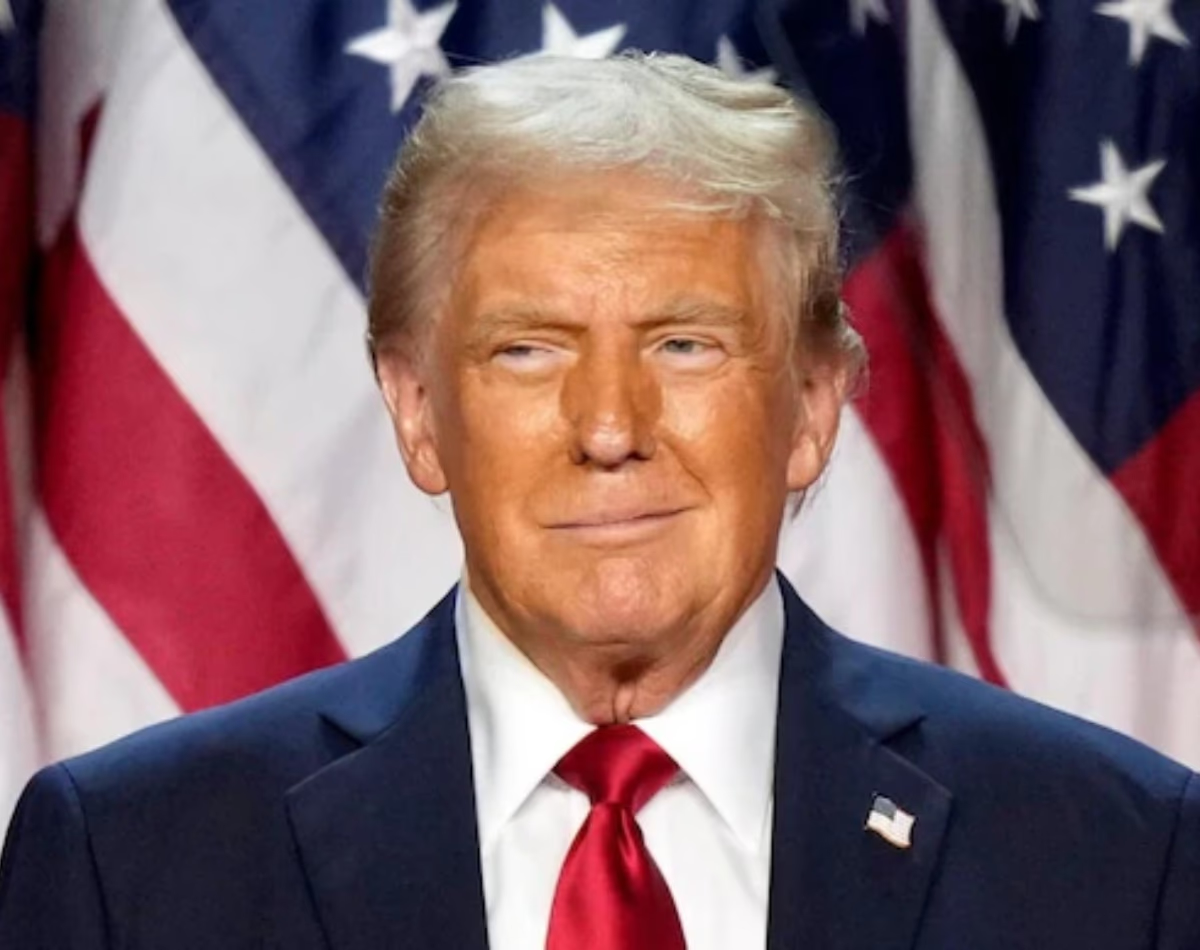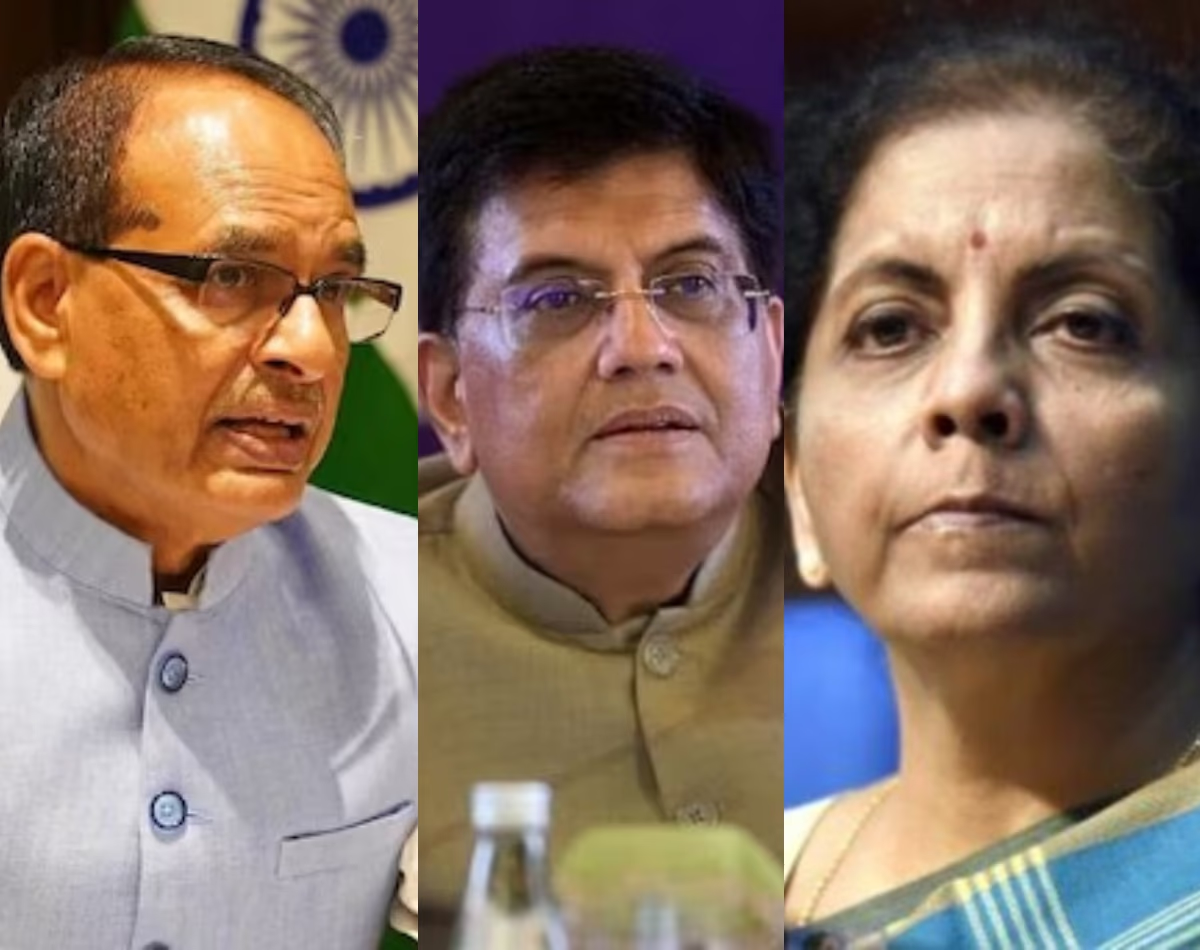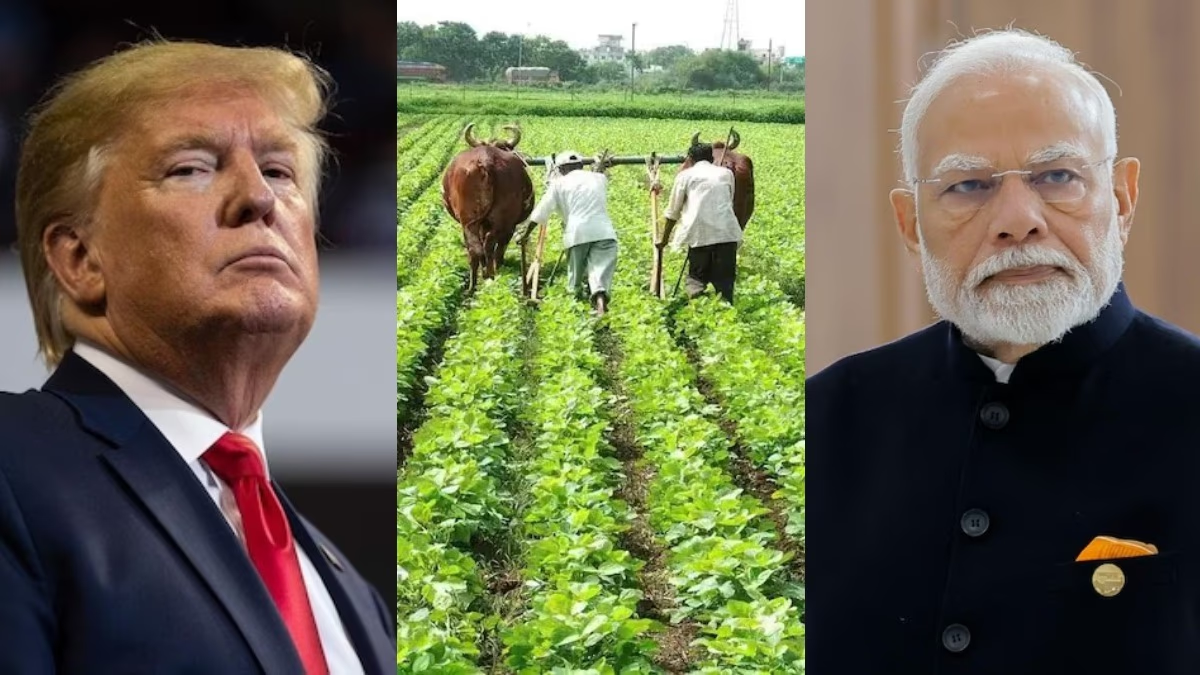Once again, President Donald Trump's Tariff (Trump Tariff) is making headlines globally as the 90-day exemption granted to several countries ends on July 9. Amid these developments, there are indications that an India-US Mini Trade Deal could be announced, highlighting the major sticking point that has stalled negotiations regarding the India-US Trade Deal. Particularly, the United States seeks to open the Indian market on its terms for agriculture and dairy products, while India stands firm on its position regarding wheat, rice, and dairy. Let's explore this matter in detail and the side effects of potential U.S. entry into these sectors.
Sometimes signaling a deal, sometimes reversing stance: Trump
The past few days have witnessed various reports and statements concerning the India-US Trade Deal. U.S. President Donald Trump has been vocal about it, expressing optimism for a significant deal with India. Conversely, he has also indicated frustration that India is not opening its markets to the United States. Understanding what a Trade Deal entails is crucial – such a deal determines the tariffs India imposes on U.S. goods and vice versa when India exports to the United States.

Source: aajtak
America's demands, India's resolute stance
There have been extensive discussions regarding this Trade Deal between India and the US, yet no final agreement has been reached. The sticking point: America insists on reducing tariffs on agricultural and dairy imports, seeking access for its goods in the Indian market. There are also demands to cut tariffs in sectors like automobiles. Meanwhile, India remains firm in safeguarding its agriculture and dairy sectors. The government has made its position clear.
India's Finance Minister, Nirmala Sitharaman, and Commerce and Industry Minister, Piyush Goyal, have outright dismissed these demands. Meanwhile, Agriculture Minister Shivraj Singh Chauhan has made a staunch declaration against compromising India's core interests. He emphasized that "Nation First" is the core principle, and any negotiations will prioritize the interests of Indian farmers. With India holding firm, the ball is now in America's court regarding any further decisions on the trade deal.

Source: aajtak
Why the deadlock over wheat, rice, and dairy?
As the Tariff exemption deadline looms, India remains firm on wheat, rice, and dairy. According to government sources, India remains positive about the US Trade Deal, with all necessary discussions concluded. The snag remains the agricultural and dairy products. The U.S. wants India to lower taxes on items like milk, dairy products, pistachios, almonds, soy, corn, and wheat to tap into the vast Indian market. Retail giants such as Amazon and Walmart could directly sell their products rather than through local companies. However, India argues that low-cost American imports could jeopardize the livelihoods of its substantial farming population.
India has never opened its dairy sector in any trade agreement, and given that most Indian farmers rely on agriculture for sustenance, the government is unwilling to risk harming them through subsidized American imports. Past trade negotiations with the UK and Australia also restricted similar products.
What are the downsides of U.S. entry into these sectors?
Understanding the potential negative impacts of U.S. entry into these sectors, which has made the Indian government uneasy about compromises, is vital. According to Global Trade Research Initiative (GTRI) founder Ajay Srivastava, eliminating tariffs on U.S. agricultural and dairy products could weaken India's food security. Such a move might force small farmers to compete with cheaper, subsidized imports and face global price volatility. GTRI asserts that any tariff reduction on these products under the India-US Trade Deal would be strategically unwise.




